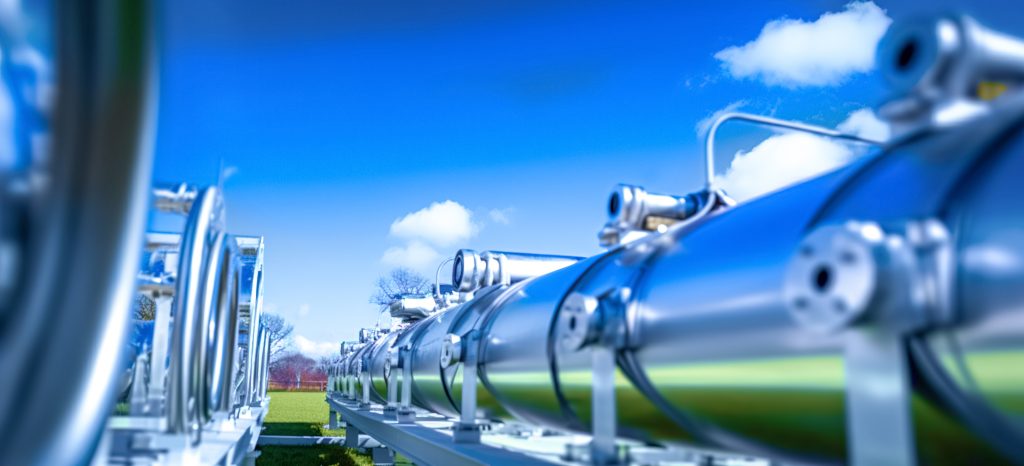Estimates of Canada’s natural gas reserves vary, but the country has substantial reserves that are expected to last several decades or more. The exact duration depends on factors like production rates and consumption patterns.

Natural gas is one of the best energy sources in the world, and it is also one of the cleanest. Burning natural gas produces far less pollution than burning coal or oil, and it is becoming increasingly popular as a result.
Contact your local waste management or recycling center to inquire about proper disposal methods for gas appliances. Do not attempt to dispose of them yourself.
Natural gas stoves, like any appliance that uses gas, need to be used carefully. If they are not maintained well or if they are used incorrectly, they can be dangerous. The main risks are gas leaks and carbon monoxide poisoning. Gas leaks can happen if the stove or the gas lines are damaged or not connected properly. Carbon monoxide is a gas that you can’t see or smell, but it can be harmful if there’s a lot of it in the air. This can happen if the stove is not burning the gas completely. To stay safe, it’s important to have good ventilation in the kitchen, regularly check the stove and gas lines, and have a carbon monoxide detector in your home.
Several factors contribute to the pricing of natural gas in Canada. One significant aspect is the country’s dependence on seasonal demand. During harsh winters, the demand for natural gas spikes, impacting prices. Additionally, infrastructure limitations, transportation costs, and regulatory measures play a role. Market dynamics, such as international demand and supply fluctuations, also influence natural gas prices in Canada. The interconnectedness of global energy markets means that geopolitical events and economic factors can contribute to price volatility.
If you smell gas, you should leave the area immediately and call your energy company’s emergency line. Additionally, to reduce the risk of an explosion, you should open windows and doors to allow for ventilation. Do not turn on any lights or appliances or use your phone until you are a safe distance away.
The decision to use natural gas in your home depends on various factors including availability, cost, energy efficiency, and environmental concerns. Natural gas is known for being a relatively efficient and affordable fuel source for heating, cooking, and powering appliances. It often costs less compared to electricity, especially in regions where natural gas is readily available. In terms of performance, natural gas stoves and heating systems tend to heat more quickly and evenly than their electric counterparts. However, there are environmental considerations as well. Though cleaner-burning compared to oil or coal, natural gas is still a fossil fuel and contributes to greenhouse gas emissions. In areas where electricity is primarily generated from renewable sources, using electricity might be a more environmentally friendly option. Additionally, some individuals choose not to use natural gas due to concerns about potential gas leaks and indoor air quality. With the growing focus on sustainability, many people are also considering transitioning to alternative energy sources such as solar or geothermal. In conclusion, the choice to use natural gas in your home should be based on careful consideration of the factors such as cost, efficiency, environmental impact, and personal preferences.
Links